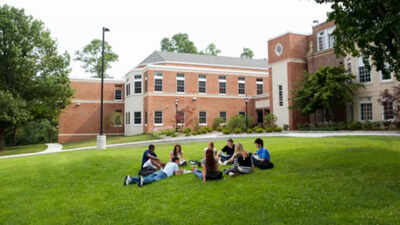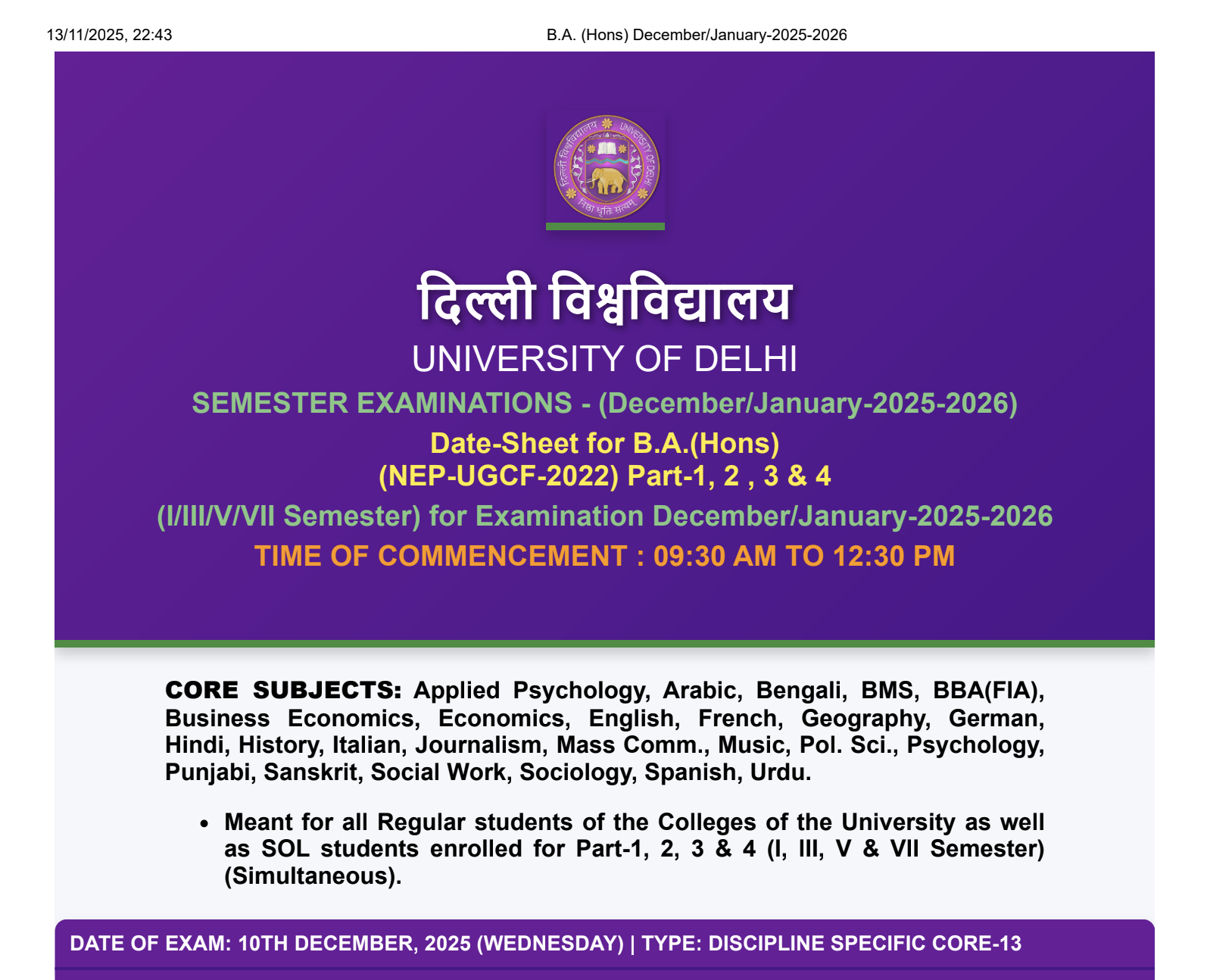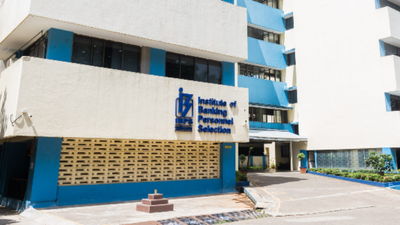Trump administration plans major student visa changes: Will limiting OPT help American workers or harm innovation?

The Trump administration is considering major changes to U.S. student visas, with a focus on post-graduation work opportunities. The proposed rule, drafted by the Department of Homeland Security (DHS) but not yet published, could significantly alter the Student Optional Practical Training (OPT) programme, which allows international graduates to gain work experience in the U.S. after completing their degrees.According to the DHS outline obtained by Newsweek, the changes are intended to protect American workers from being displaced, address national security concerns, and improve oversight of the Student and Exchange Visitor Program. Critics, however, argue that restricting OPT could undermine U.S. competitiveness in key industries such as health care, technology, and research.
What the proposed rule entailsThe draft rule does not provide detailed specifics on how OPT would be modified, but it offers general goals. “The proposed rule will better align practical training to the goals and objectives of the program while providing more clarity to the public,” DHS stated on its Office of Information and Regulatory Affairs page, as noted by Newsweek. The document highlights intentions to address fraud, enhance security, and prioritise employment for U.S. workers.Currently, the OPT programme allows student visa holders to work in the U.S. for a limited period after graduation. In Fiscal Year 2024, just under 110,000 international students participated in OPT, with numbers expected to rise in 2025. The programme is particularly popular among graduates in science, technology, engineering, and mathematics (STEM) fields.Supporters and critics weigh inSome advocates for the proposed change believe it could prevent foreign workers from taking positions that could otherwise go to American graduates. The move is supported by voices who have long argued that international students may compete with domestic talent for entry-level positions, particularly in technology and other STEM-related fields, as reported by Newsweek.On the other hand, Miriam Feldblum, executive director of the Presidents’ Alliance on Higher Education and Immigration, told Newsweek that any restriction on OPT would be “fundamentally short-sighted, as it directly undermines the U.S. overall ability to recruit and retain top global talent.” Feldblum added that the programme is vital to maintaining the United States as a leading destination for international students.Anne Walsh, an attorney at Corporate Immigration Partners, in conversation with Newsweek, explained that foreign-born, U.S.-trained STEM graduates contribute disproportionately to patents, research breakthroughs, and technology development. She warned that limiting OPT would force highly skilled graduates to take their talent to other countries with more welcoming policies, potentially reducing U.S. innovation and economic growth.The broader contextStudent visa holders have faced scrutiny in the past, including visa revocations targeting those involved in campus protests. More recently, concerns have shifted to the potential impact on the U.S. labour market. Employers have been accused of favouring foreign talent on H-1B or student visas because of lower labour costs and tax incentives.While the proposed changes are framed as protection for American workers, experts cited by Newsweek emphasise that restricting OPT may ultimately harm the economy. The programme currently supports sectors such as health care, cybersecurity, sustainable energy, and artificial intelligence, contributing to both business growth and national competitiveness.Impact on workers and innovationLimiting OPT could provide short-term benefits for some American graduates seeking entry-level jobs, but the broader impact may be negative. As quoted by Newsweek, experts warn that cutting opportunities for international graduates reduces the pool of highly trained talent available to U.S. companies. Sectors reliant on specialised skills, such as AI, cybersecurity, and health care, could face slower growth, while foreign graduates may take their expertise to other countries, potentially weakening U.S. innovation and competitiveness in the long term.Looking aheadThe final rule is expected to be published before the end of the year or in early 2026. As the debate unfolds, policymakers, employers, and universities will closely watch the balance between safeguarding domestic jobs and maintaining the U.S. position as a global hub for skilled graduates.






